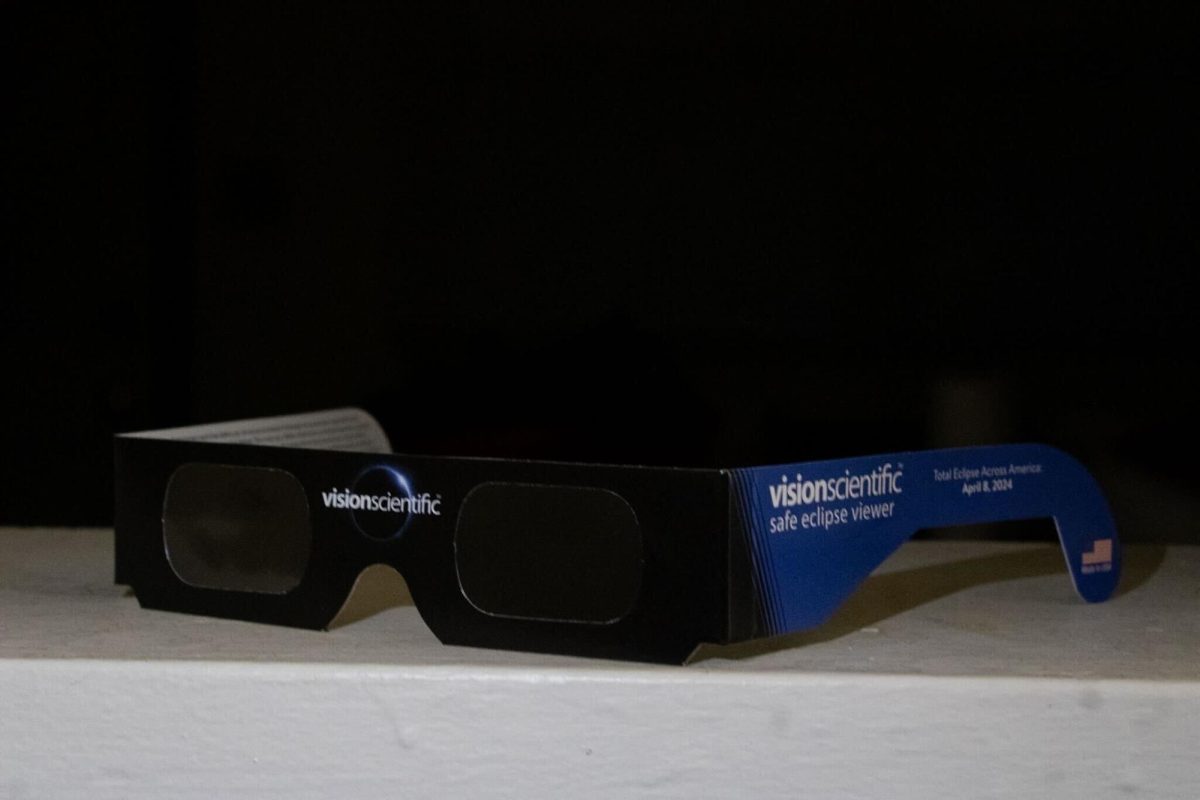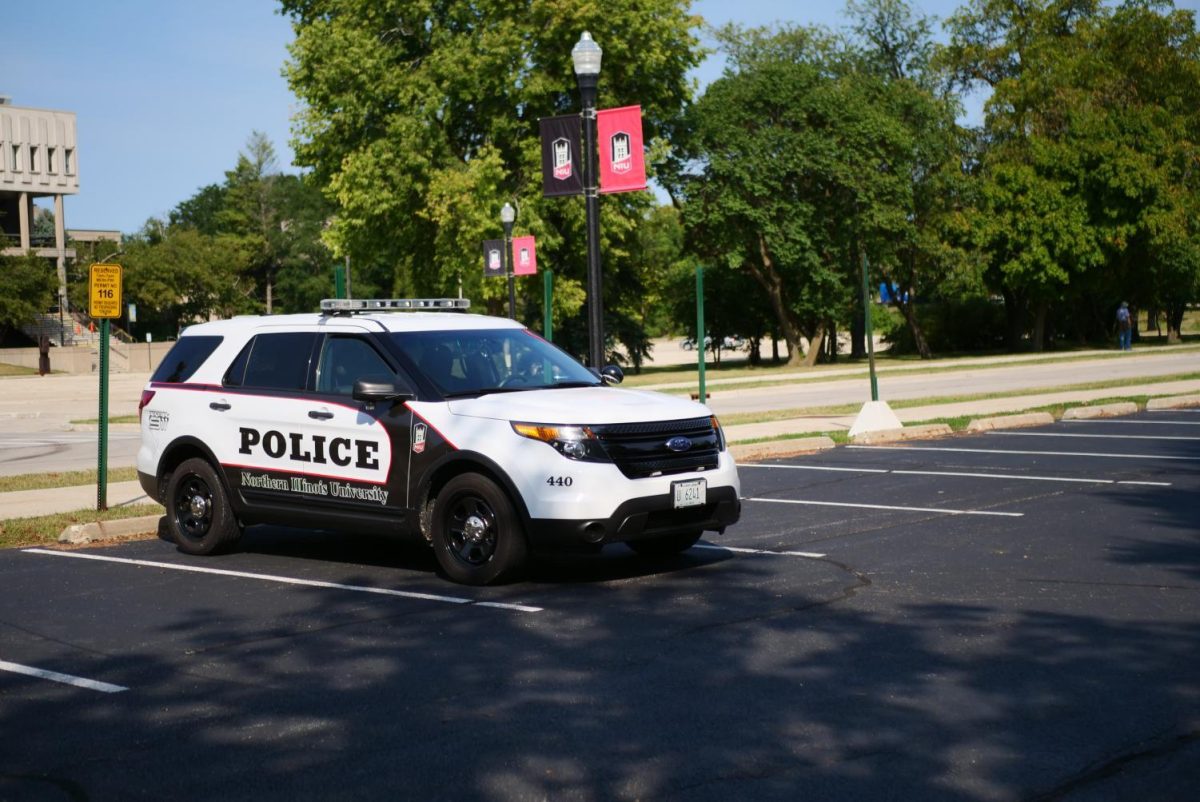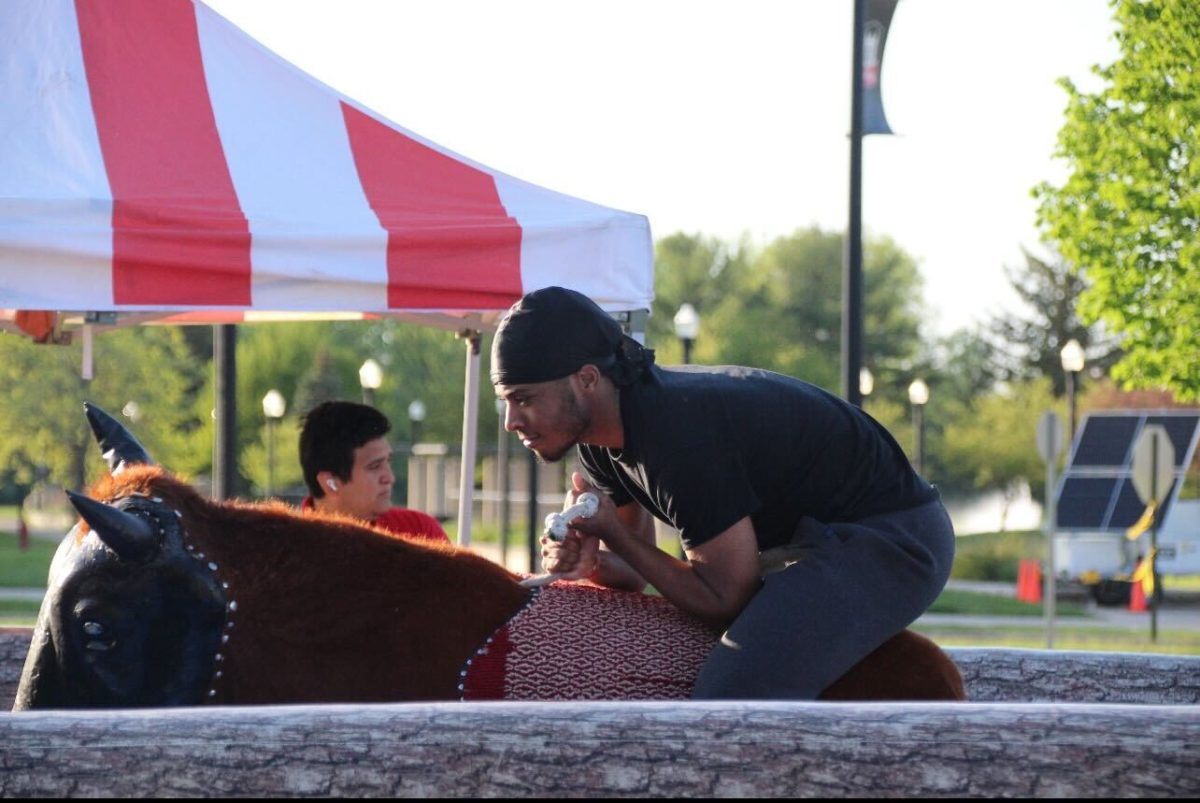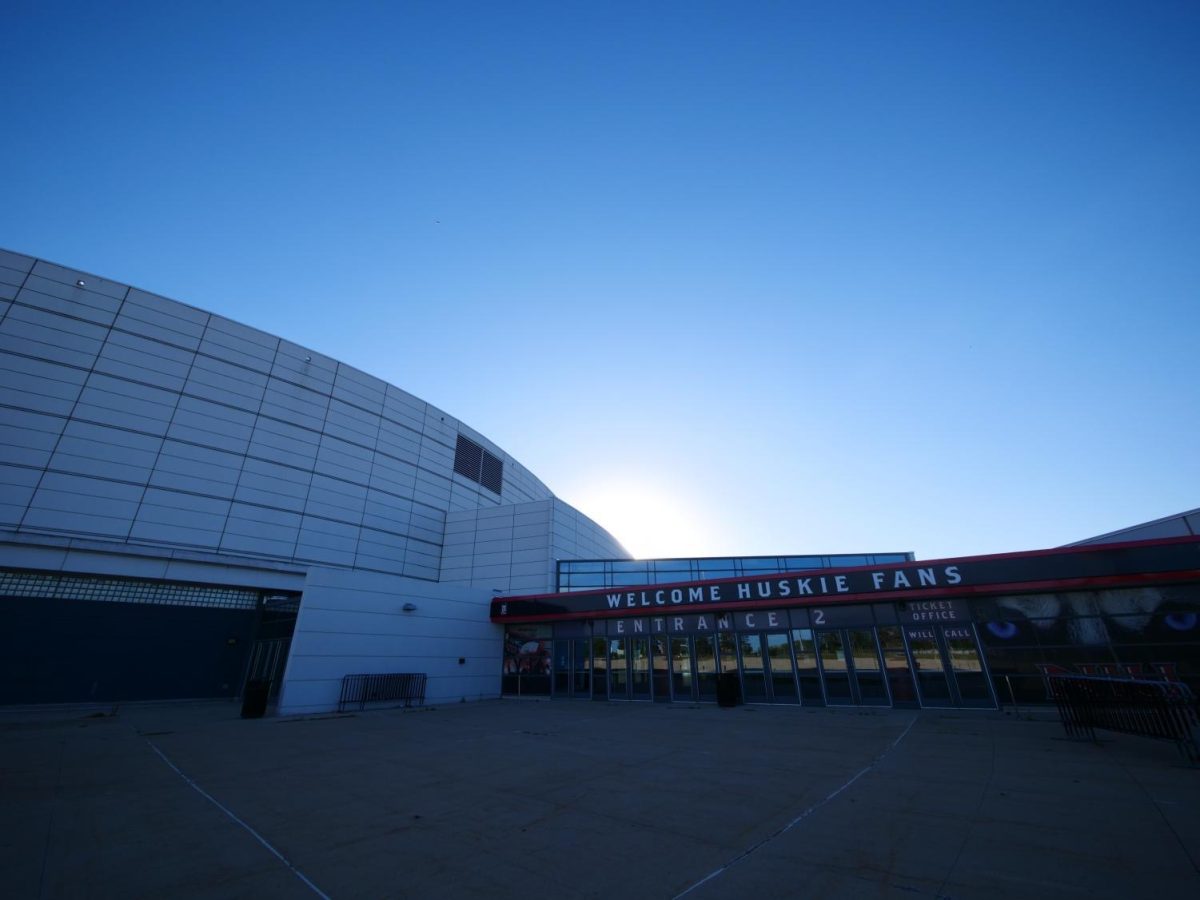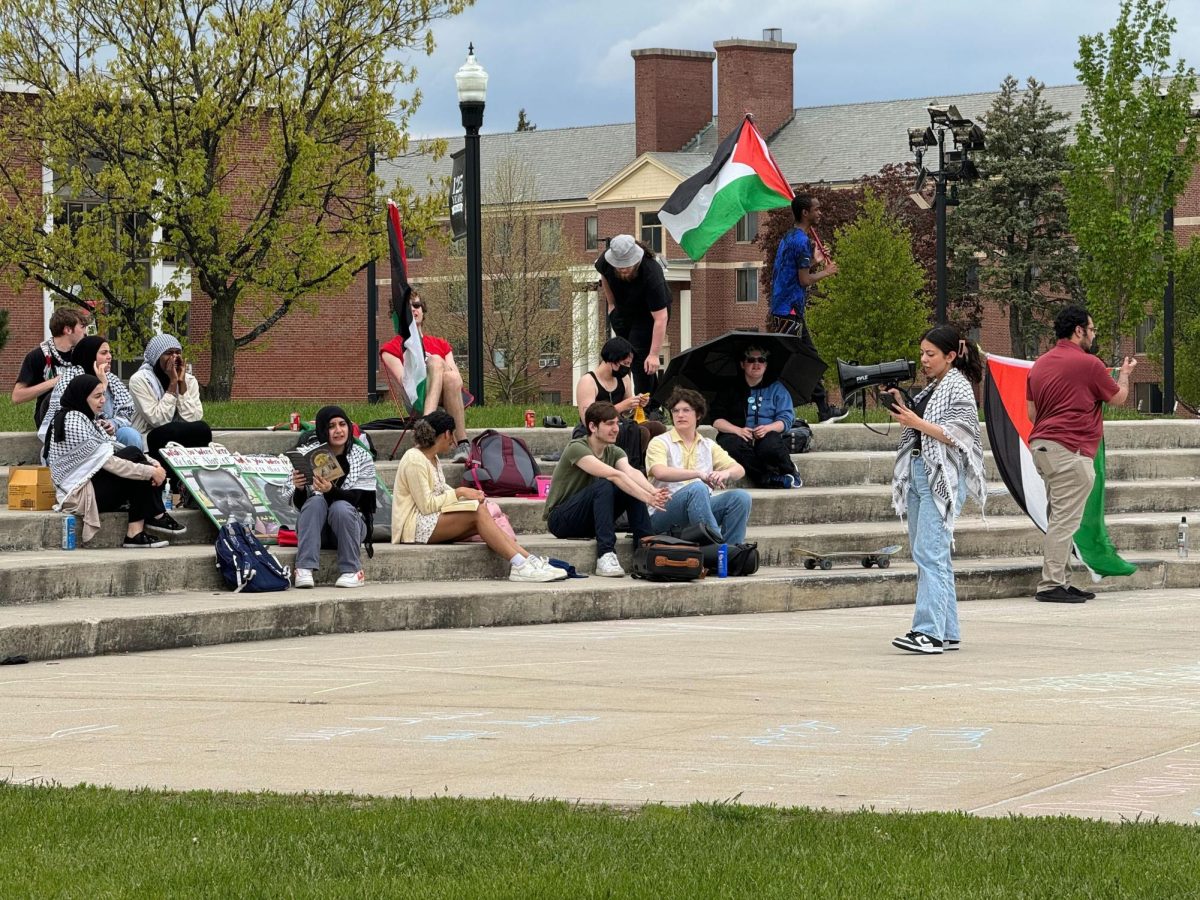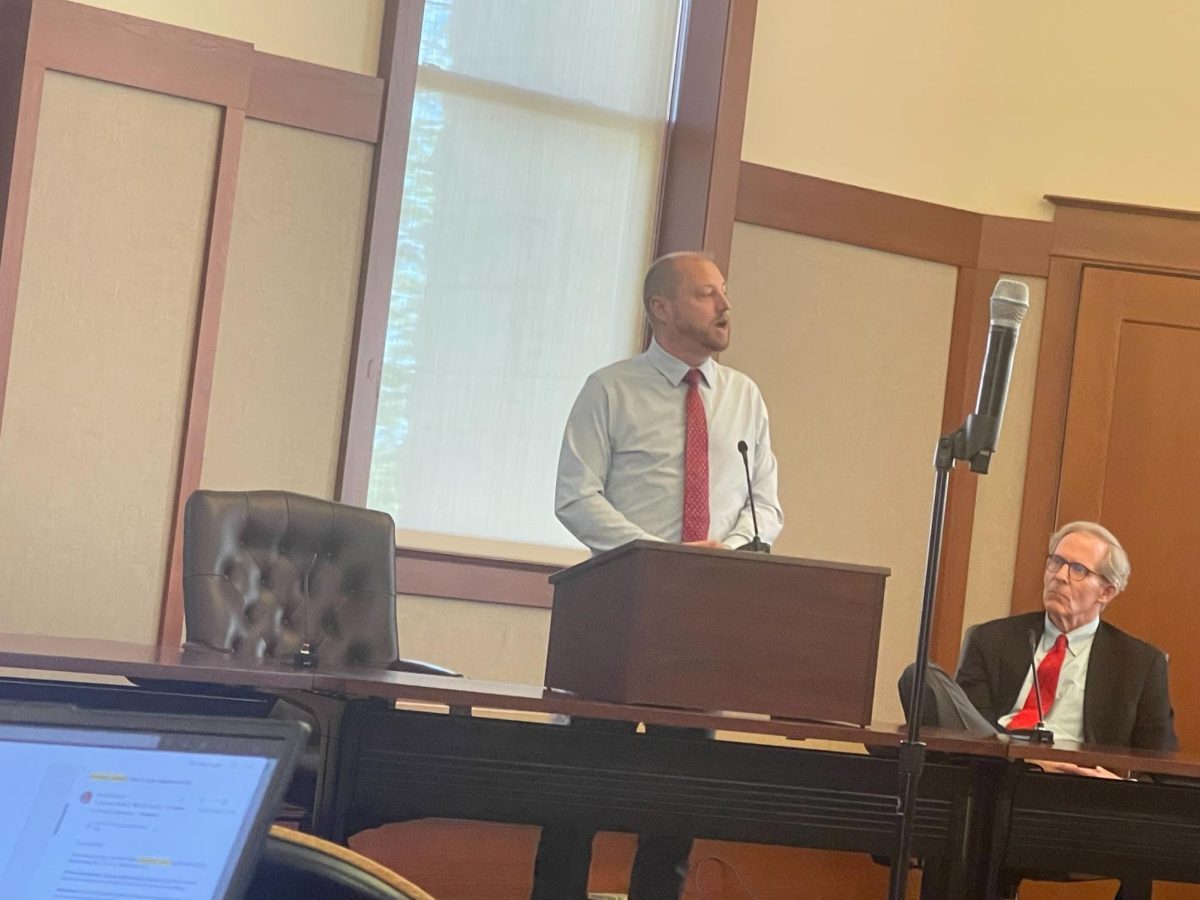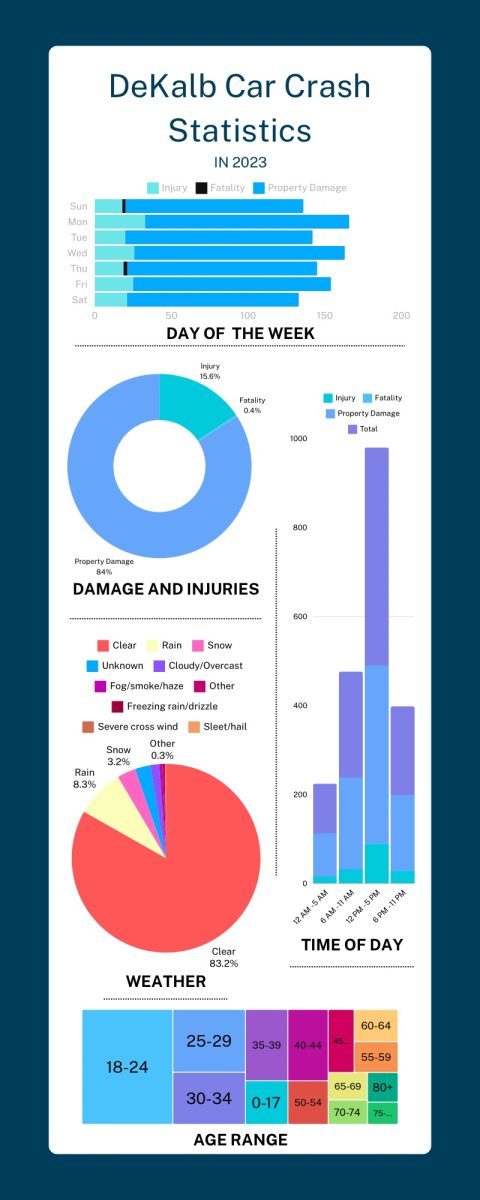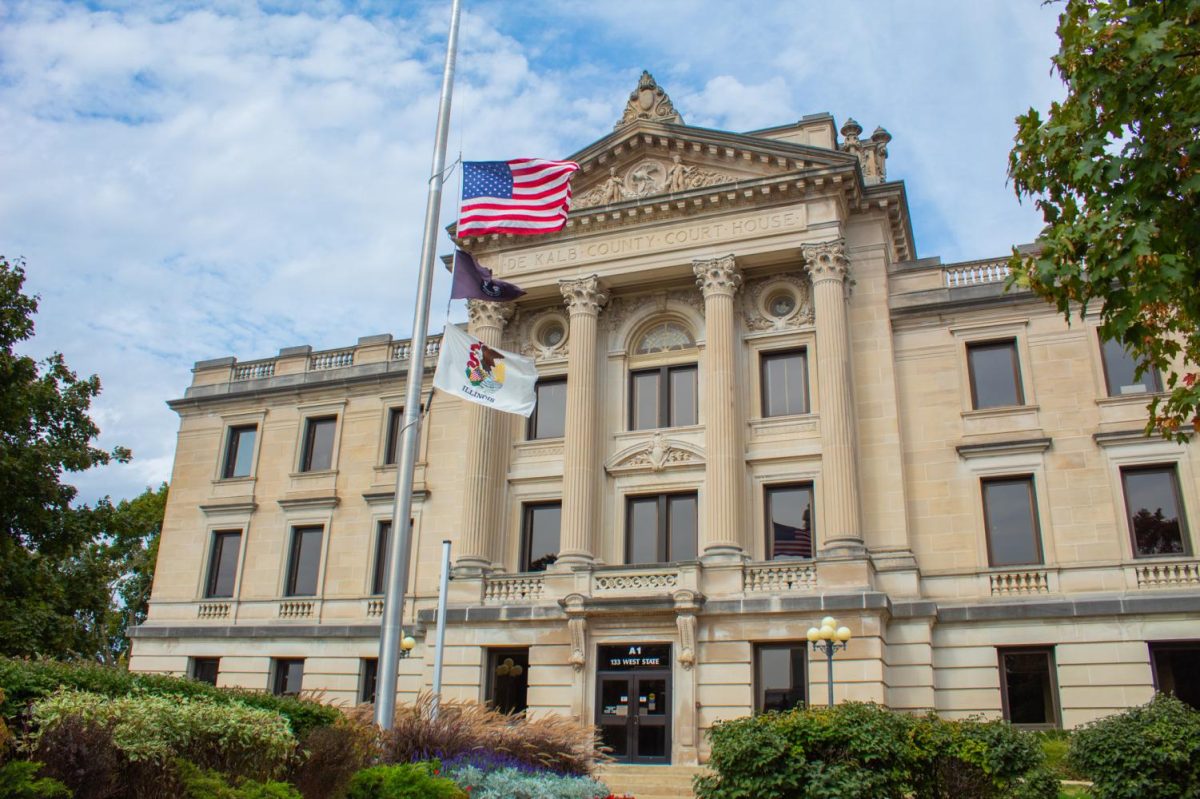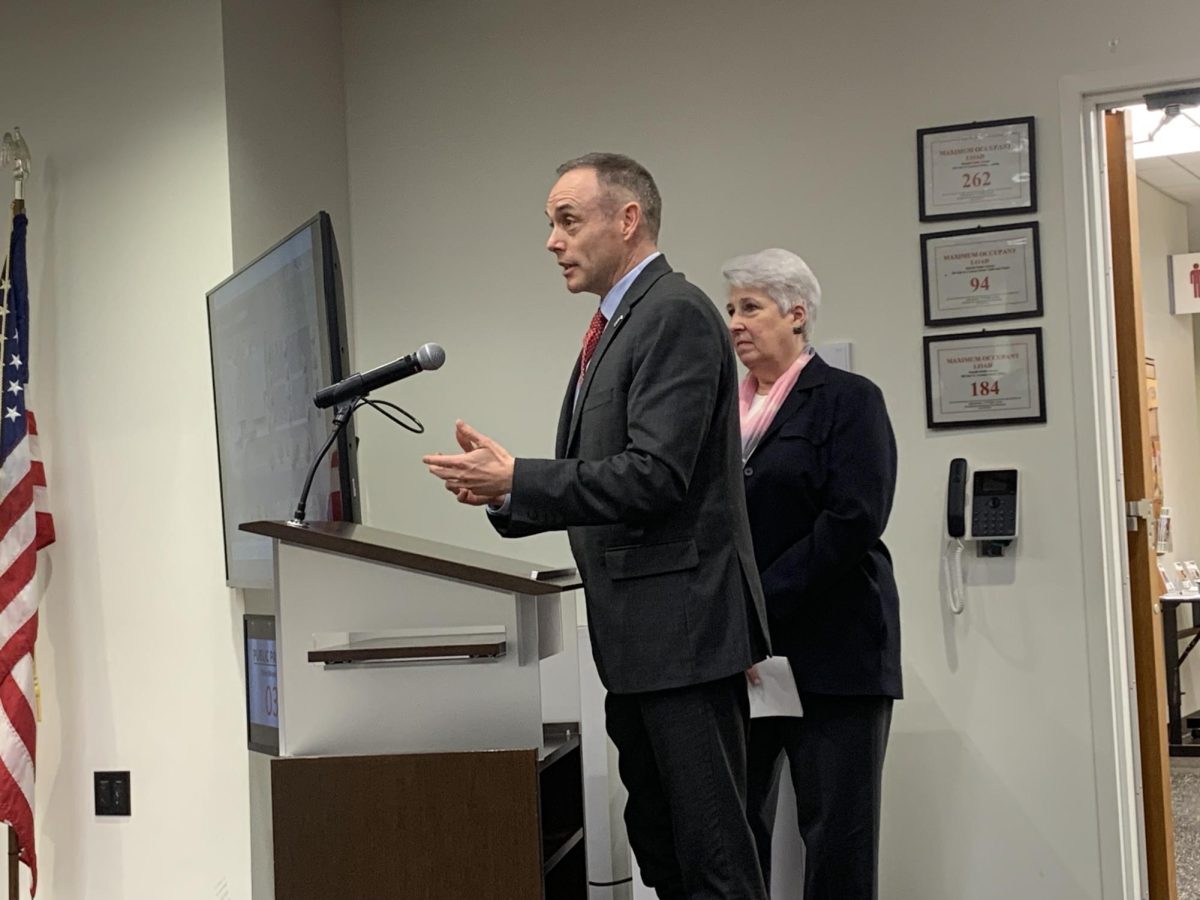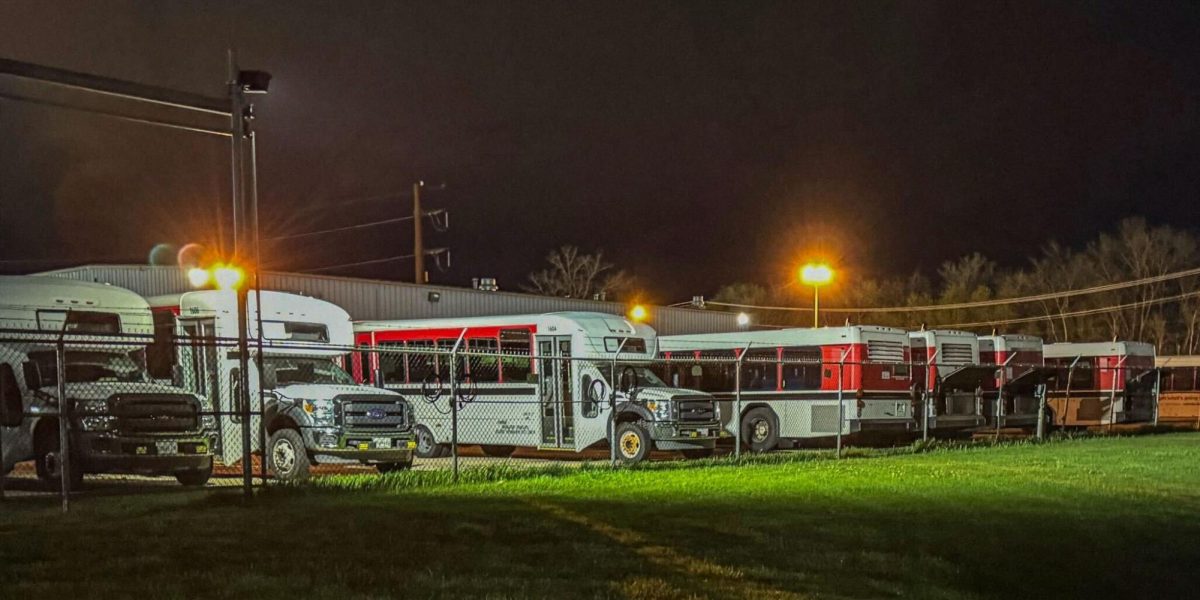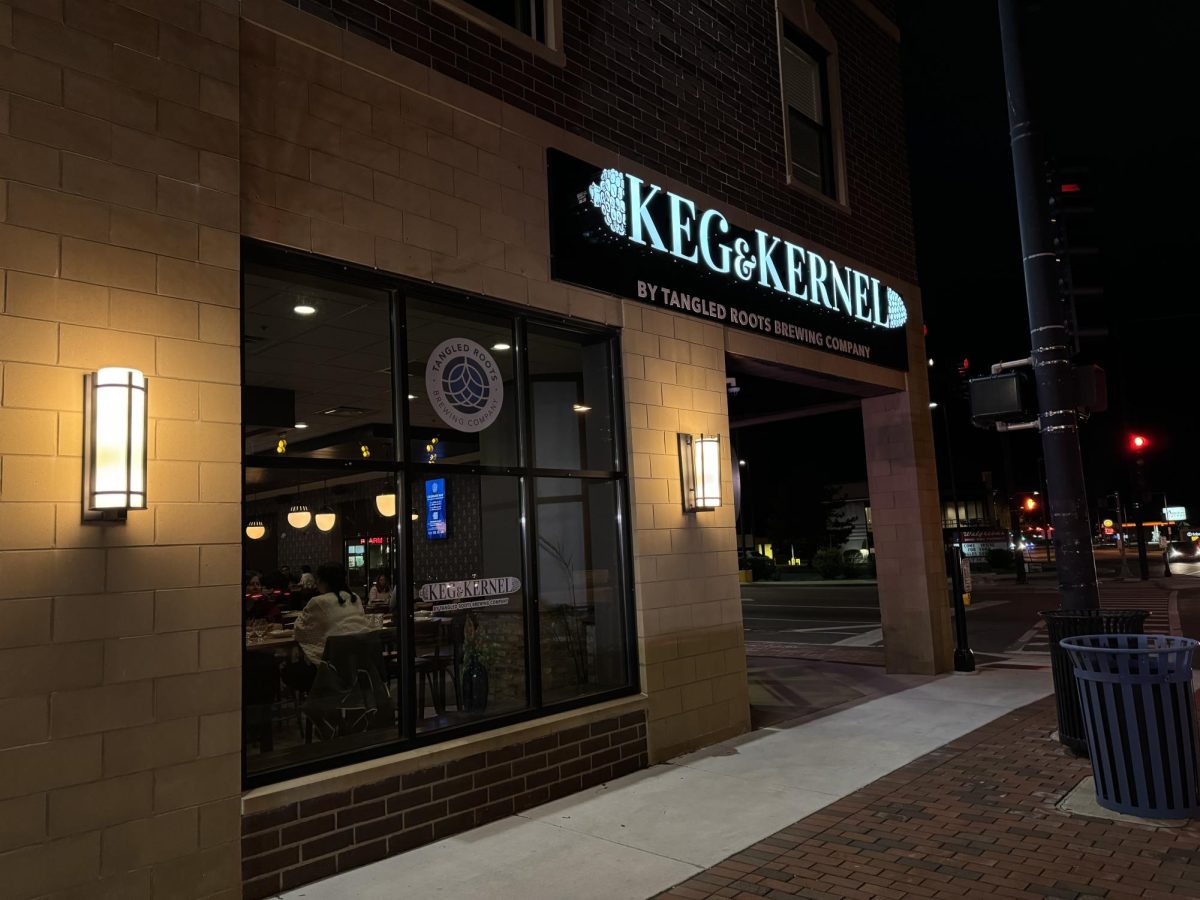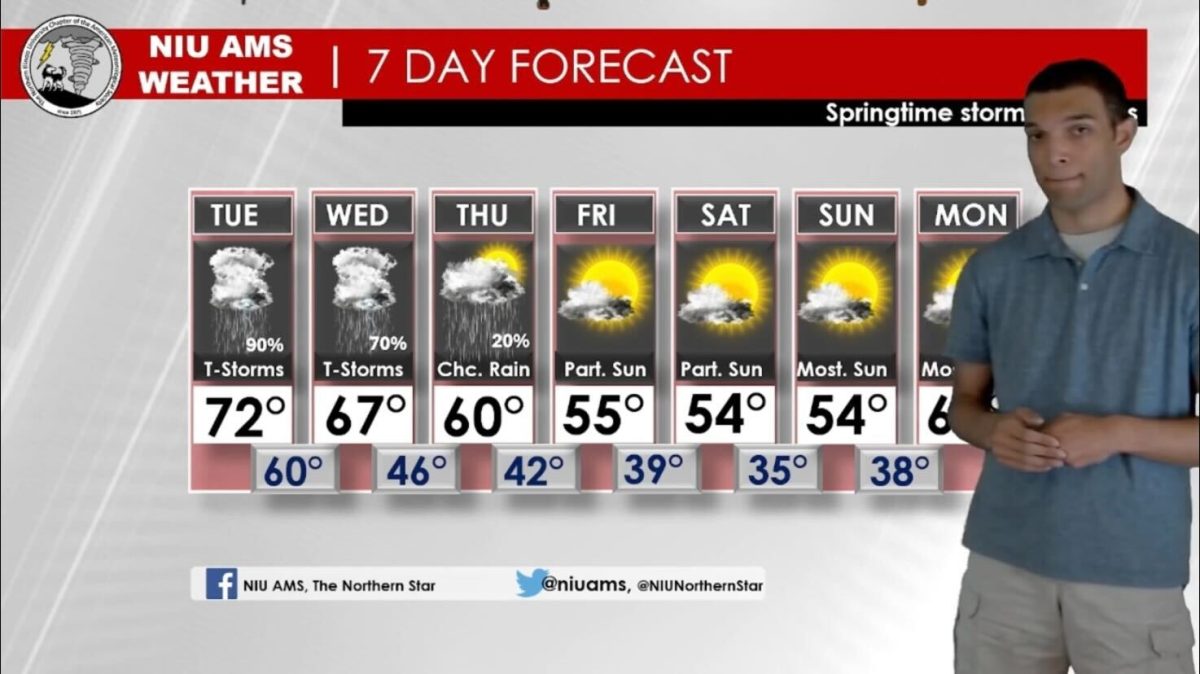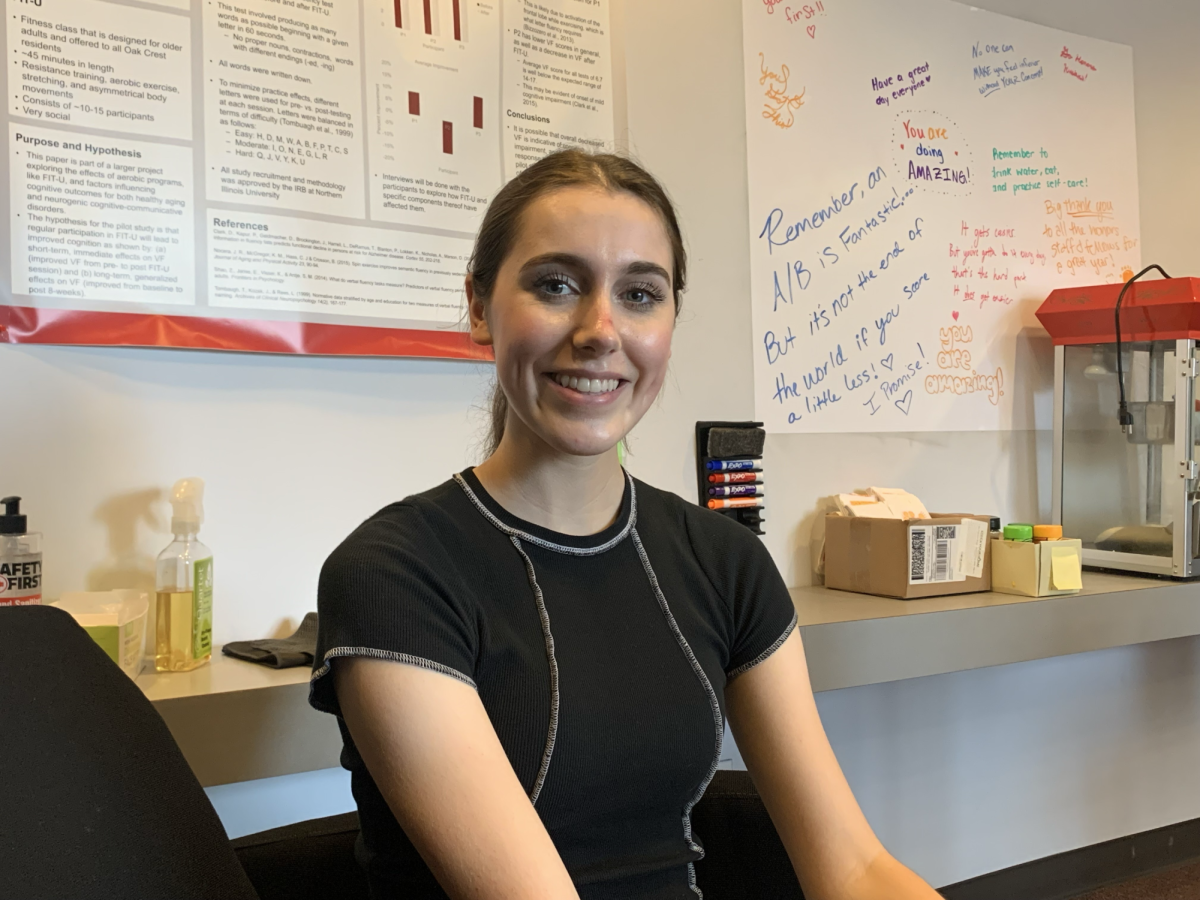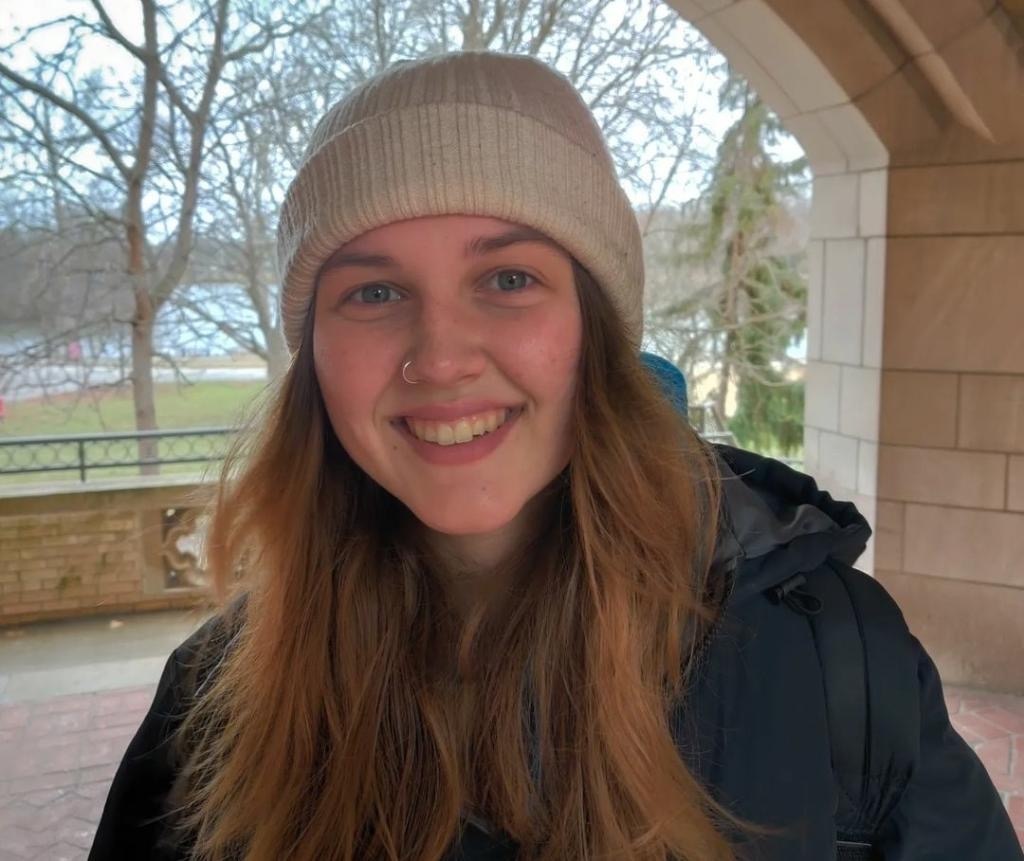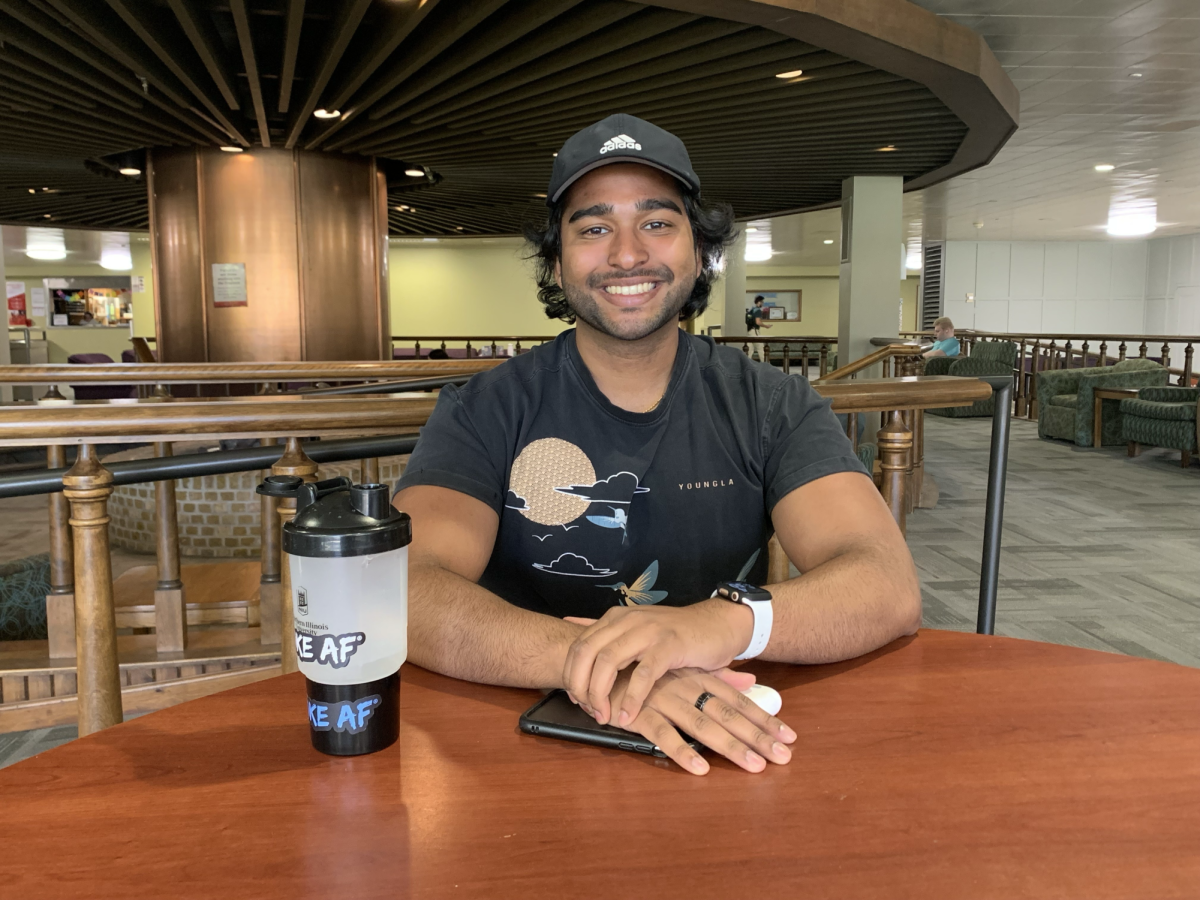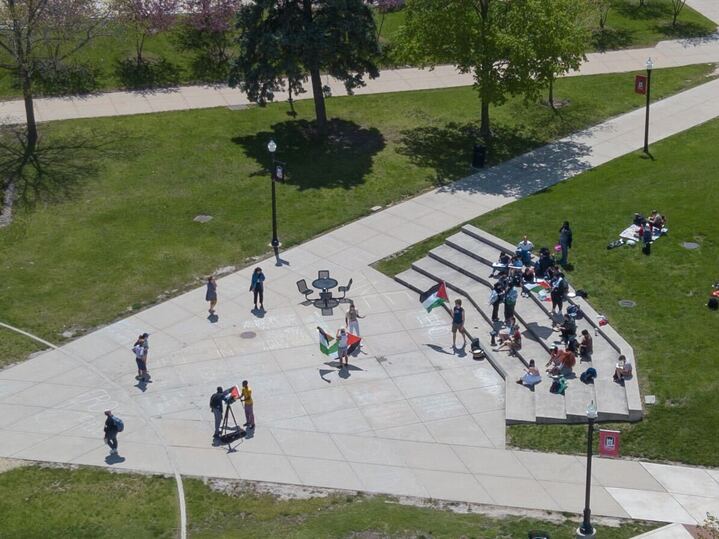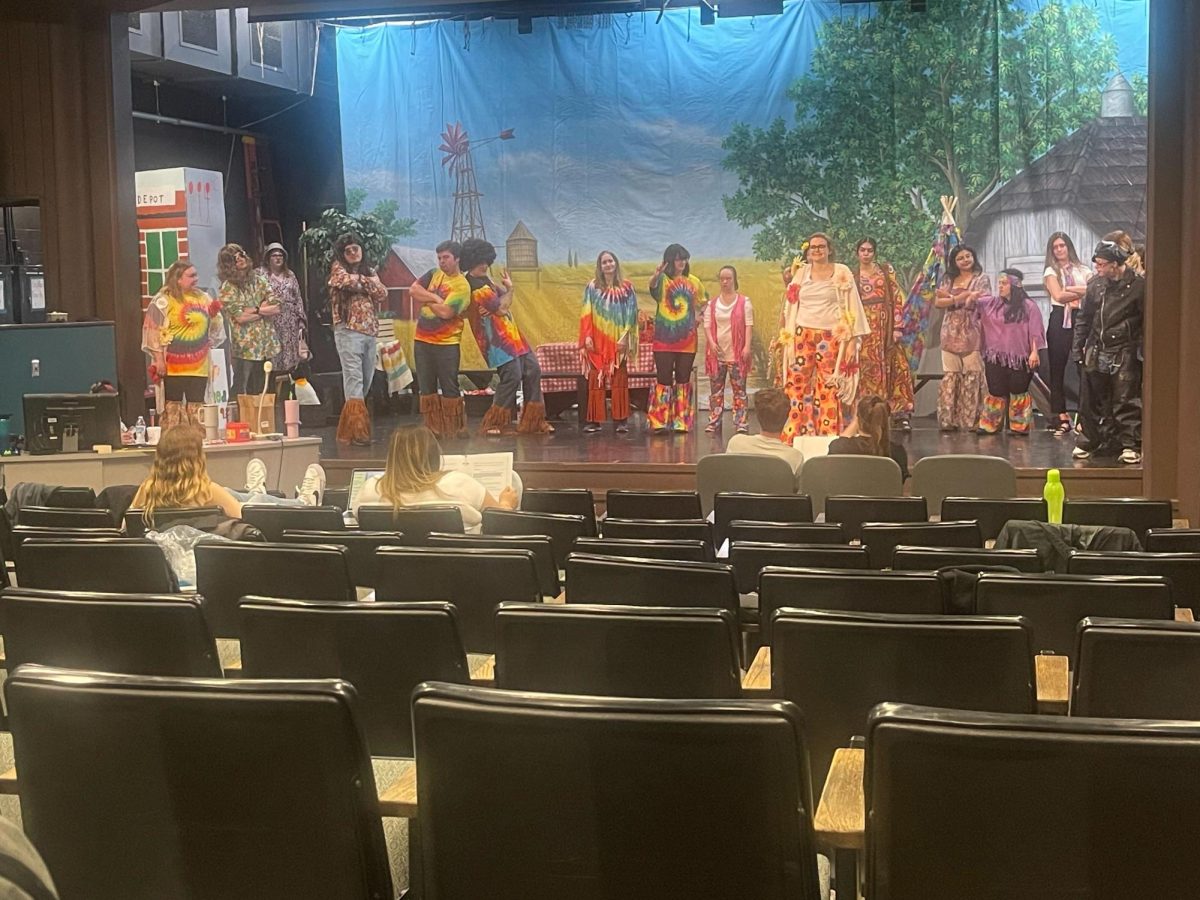DeKALB – The moon will pass in between the Earth and the Sun, block the Sun from shining and create a dark, night-like atmosphere on the Earth Monday during the total eclipse.
The eclipse will be 91.64% visible in DeKalb. The start of the eclipse will be 12:50 p.m. with a max eclipse at 2:06 p.m. and an end time of 3:20 p.m. according to the National Solar Observatory.
NIU will host the Solar Eclipse Viewing and Party from 12:30 p.m. to 3:30 p.m. on April 8. The viewing party for students will take place right outside the observatory, located in Davis Hall.
Jermey Benson, physics laboratory manager, will host the event.
“I am very excited,” Benson said. “This is my first time hosting an eclipse-like event like this, where I am responsible for the observatory and helping out with the physics department, so this is really cool for us.”
A solar eclipse is where the moon, as it orbits around the Earth, passes between the Earth and the sun, obscuring the sun and causing sunlight to be blocked partially or entirely.
Benson said there are three types of eclipses, and people can see them depending on where they are on Earth.
“There is a total eclipse where the moon fully covers the sun, a partial eclipse where the sun covers a large part of the sun, but not completely, and an annular eclipse,” Benson said. “In this case, the moon appears smaller and farther away from us, so when it covers the sun, it doesn’t fully cover, so you get a ring of fire around the moon.”
The last total solar eclipse to occur in Illinois was in 2017.
Benson said he was on campus when the last one occurred.
“Sadly, it wasn’t total totality here in DeKalb, but we were pretty close to it,” Benson said. “We had a whole set up out in front of the observatory, a bunch of people showed up to watch, and I’m expecting an even bigger turnout this year, as I’m seeing more media attention for it then I’ve seen for past eclipses.”
Benson said we will experience a partial eclipse, so while we will be able to see the moon covering the sun, it won’t appear to be night and the stars won’t come out because of where DeKalb is located.
“We will start seeing that disk of the moon going over the sun about 12:30 p.m./1:00 p.m. in the afternoon, and that will continue coverage until about 2:06 p.m., where we will get that 93% coverage,” Benson said “That’s when it will max out, and by 3:30 p.m., we will be completely out of the eclipse.”
The Solar Eclipse Viewing and Party is aimed to help students learn about eclipses and different viewing methods.
The NIU physics department recently received cameras with lenses – specifically meant to view the sun and eclipses – they plan on using to live stream the eclipse, as well as solar binoculars that will be used to view the eclipse, according to Benson.
The physics department will also hand out the special glasses needed to view it. The Outreach Department will be at the event as well with a table and materials to build your own pinhole viewer. The CAB will bring games, activities and snacks.
“Other than the grand reopening, this is our first real big, public event, so I am stoked,” Benson said. “Keeping my fingers crossed that the clouds stay away, and we can see that eclipse.”



